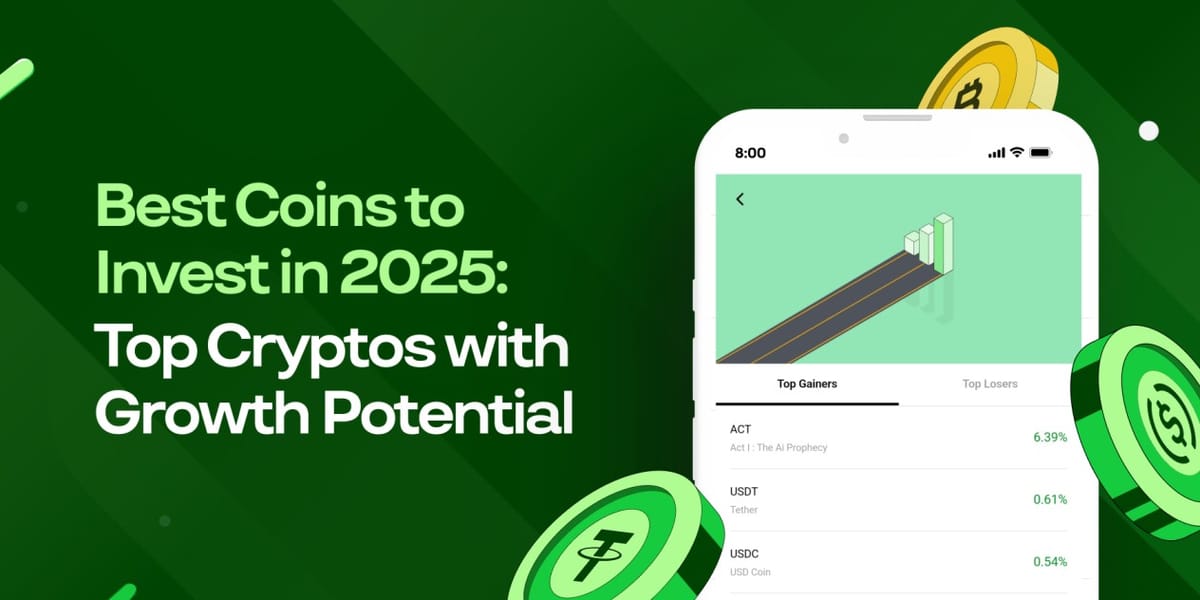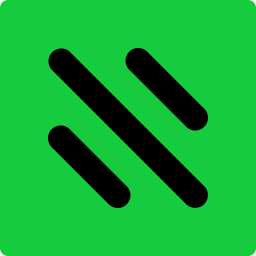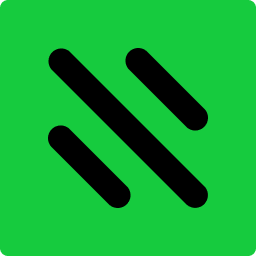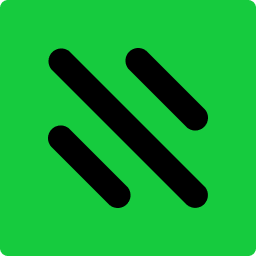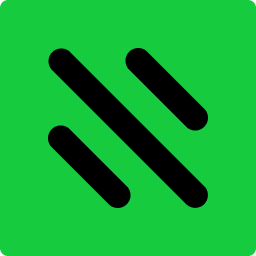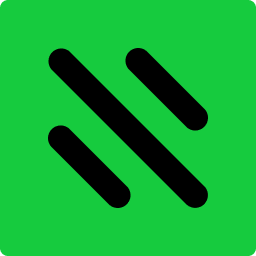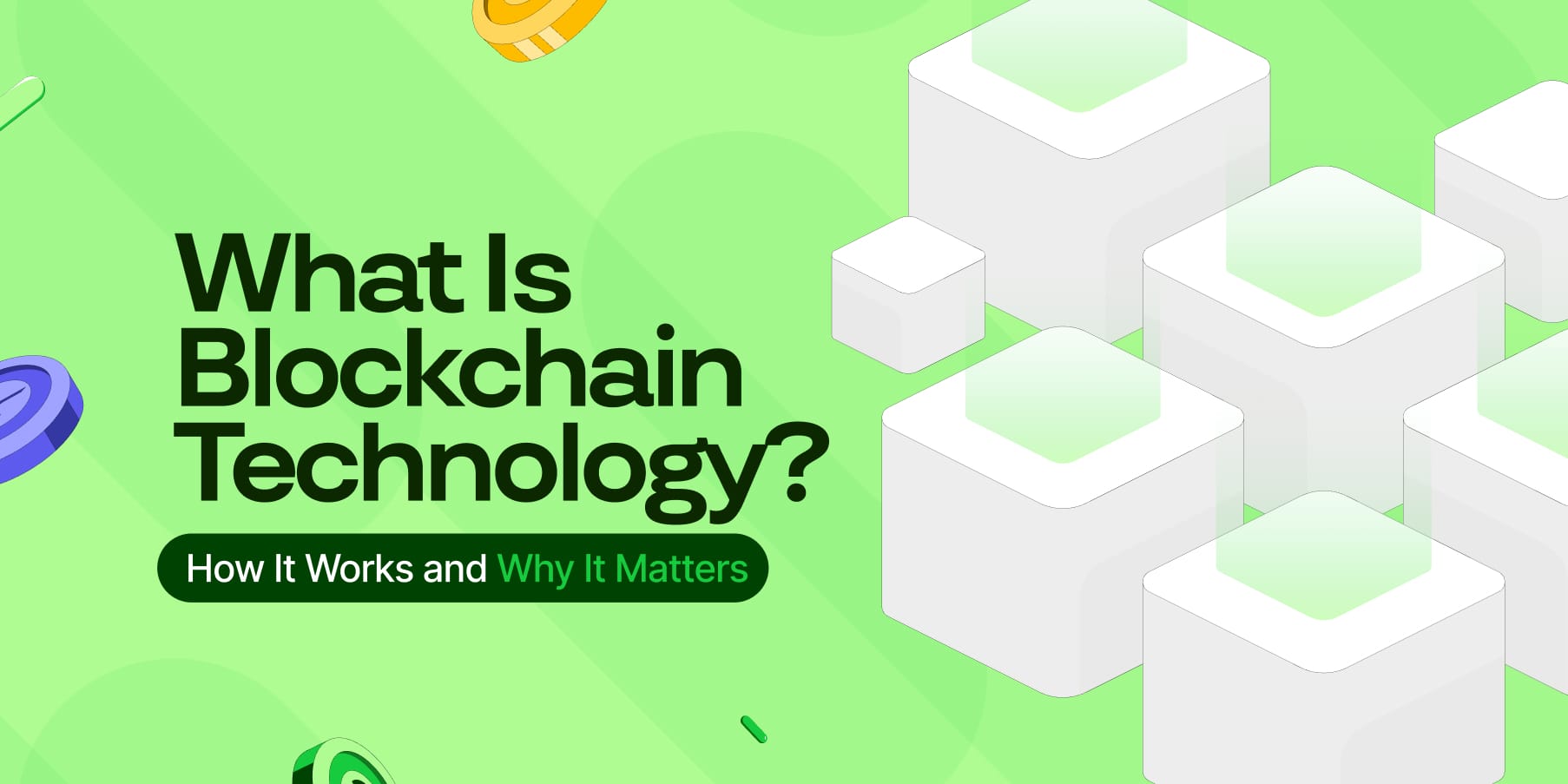
Blockchain Explained: What It Is, How It Works, and Why It Matters
You’ve probably heard the term blockchain a hundred times. But what does it mean? Why are people calling it a game-changer in tech, finance, and even healthcare?
If you've been looking for a clear and beginner-friendly guide to blockchain, you're in the right place. This post explains blockchain, how it works, why it matters, and how it’s already being used around you.
What Is Blockchain?
Let’s keep it simple: Blockchain is a digital record book shared across many computers. Instead of one person or company owning the book, it’s copied and shared across a network. Every time something is added, the whole network sees it and agrees it’s true. Once it’s written down, it can’t be changed.
Imagine a Google Doc open to a group, where every update is recorded, locked, and visible to everyone. That’s blockchain in action.
What Makes Blockchain Special?
Here are three key things that set blockchain apart:
- Decentralisation: There’s no single owner or central authority. Instead, a network of computers, called nodes, works together to check and store all transactions.
- Transparency: Every user in the network can see the history of all transactions. This creates trust and reduces the chances of shady behaviour.
- Security (Immutability): Once data is added to the blockchain, no one can edit or delete it. It’s locked in place. This makes it incredibly hard for hackers or bad actors to tamper with anything.
How Does Blockchain Actually Work?
Let’s walk through it in simple steps:
- You start a Transaction: For example, you send cryptocurrency to a friend.
- The Transaction Goes to the Network: Your transaction is sent to a group of computers (nodes) that double-check the details.
- It Gets Verified: These nodes use specific methods, like Proof of Work or Proof of Stake, to confirm if your transaction is valid.
- A New Block Is Created: Your verified transaction joins others to form a digital “block.”
- The Block Is Linked to the Chain: Each block connects to the one before using a unique code (called a hash). That’s how the blockchain is built, one secure link at a time.
- Your Transaction Is Done: It’s now part of the blockchain. Everyone in the network can see it, and no one can change it.
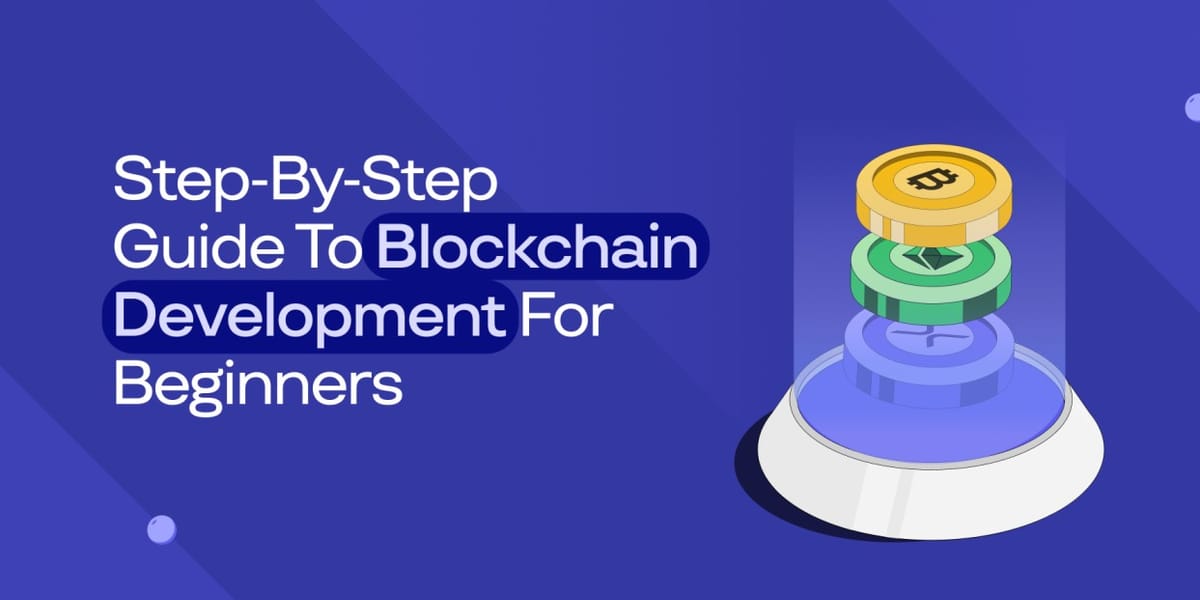
Why Should You Care About Blockchain?
You may be wondering, “What does this have to do with me?” Here's why blockchain matters and how it could impact your life.
- It’s More Secure: Unlike traditional systems that store data in one place, blockchain spreads it out. That makes it harder to hack or lose important information.
- It Builds Trust: Because everything is visible and can't be changed, it removes the need for middlemen or complicated checks. That’s useful in industries where trust is key.
- It Saves Time and Money: Blockchain allows for direct transactions between people or businesses. That means fewer delays and lower costs.
Blockchain in Real Life: Where Is It Used Today?
Blockchain isn’t just for tech geeks or crypto traders. It’s already being used in several industries:
1. Finance:
Banks and fintech companies use blockchain to speed up payments, reduce fraud, and cut out third-party fees.
Example: Ripple, Stellar/MoneyGram, JPMorgan's Onyx. They use blockchain to facilitate faster, cheaper, and more transparent international money transfers through distributed ledgers and real-time currency conversions.
2. Supply Chain:
Businesses track products using blockchain from the factory to your front door, helping ensure quality and stop fakes.
Example: Walmart, Carrefour, and Nestlé use blockchain for food traceability. It enables end-to-end tracking of food products from origin to consumer, improving safety and allowing quick identification of contamination sources.
3. Healthcare:
Medical records are stored securely using blockchain, so patients and doctors can access accurate information without worrying about tampering.
Example: MedRec (MIT), Medicalchain, and Estonia use blockchain to create decentralised, secure, and patient-controlled systems for storing, managing, and sharing electronic health records, ensuring data integrity and privacy.
4. Voting:
Some governments and organisations are testing blockchain-based voting systems to help prevent election fraud.
Example: West Virginia ran a pilot program during the 2018 primaries, where overseas military personnel voted using Voatz, a blockchain-based mobile app. It included biometric authentication, and votes were recorded on an immutable ledger.
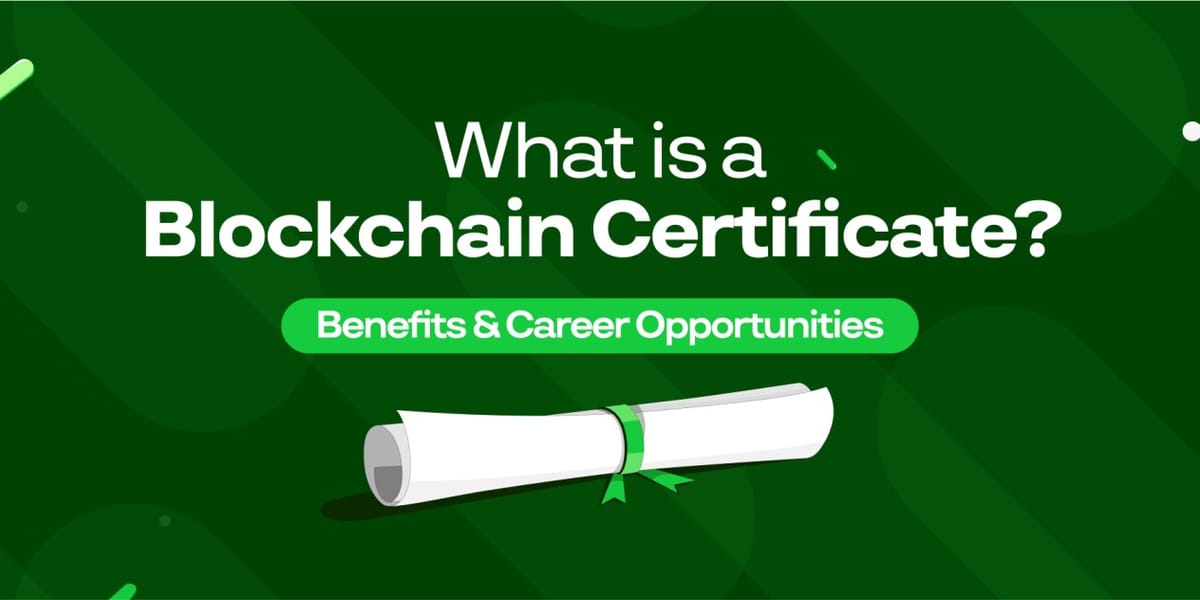
Still Curious? Ask Yourself This:
- What would it mean if you didn’t have to rely on banks to send money?
- How would your shopping habits change if you could trace where every product came from?
- What if your personal data were stored securely, and only you controlled access?
Blockchain opens up these possibilities and more.
Start Your Blockchain Journey with Busha
If you’re ready to learn more or want to use digital assets, Busha is a great place to begin. We make it easy for you to:
- Buy and sell cryptocurrency securely
- Explore blockchain tools without needing to be a tech expert
- Learn as you go, with resources made for beginners like you
Thousands of users are already taking control of their finances with Busha. Ready to do the same? Sign up today and take your first step into the world of blockchain.
Read more:


